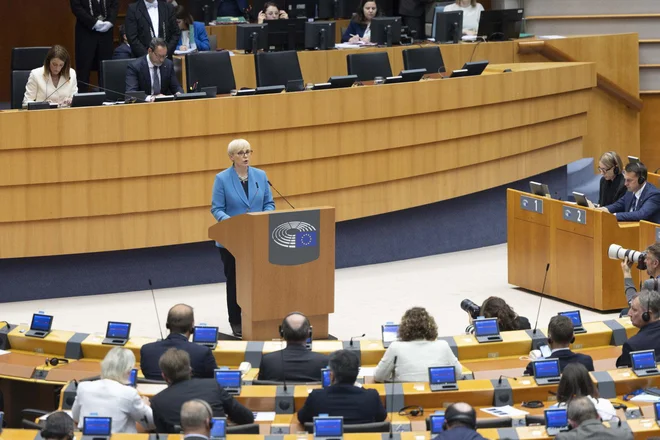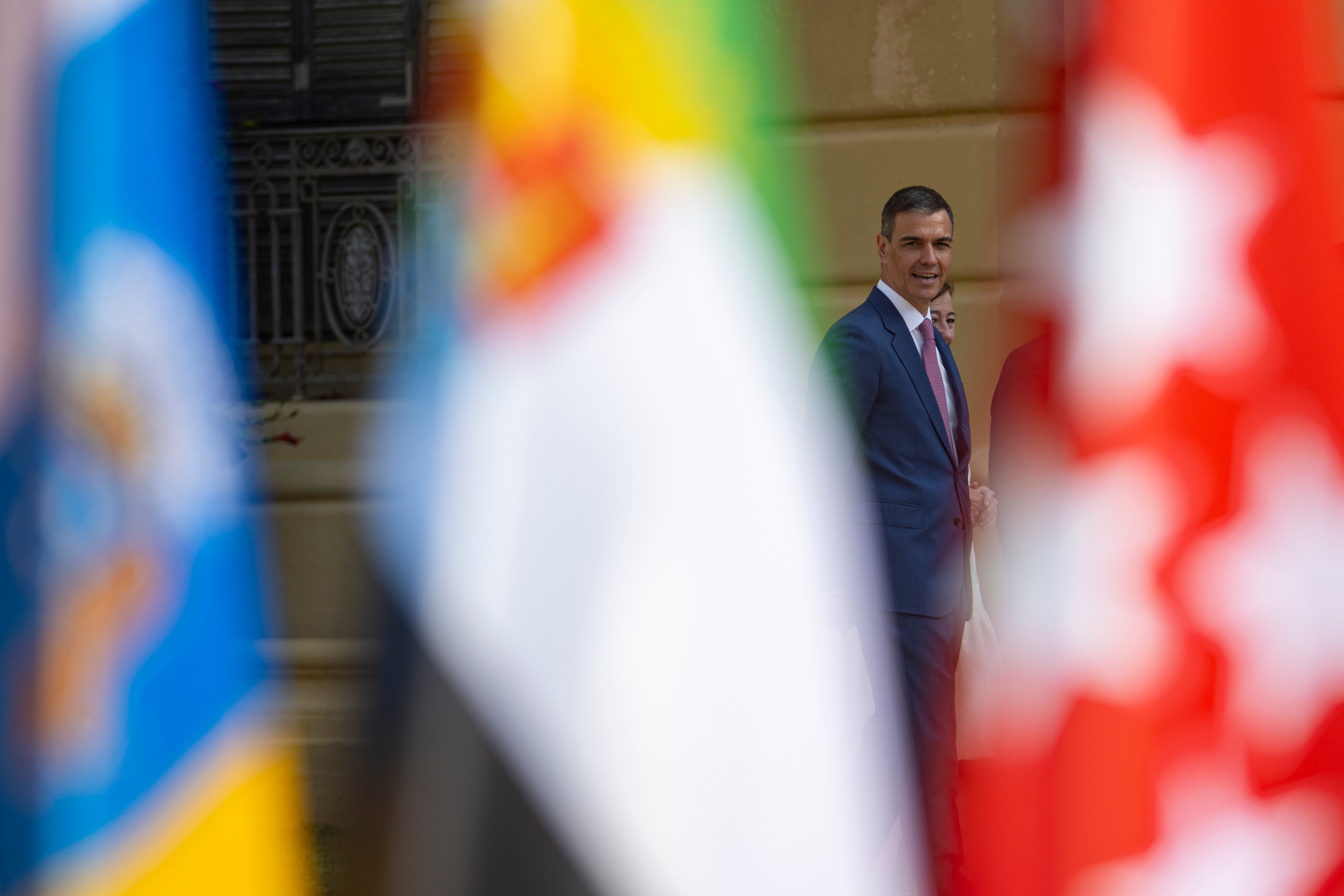Letter to the editor. Facing social EU tolls to stop right-wing nationalistic wave

The dramatic events we see in the United States are just the latest episode of an ongoing chaotic revolt against globalization. Since the first large Anti-Globalization Protests in Seattle 1999trade liberalization has contributed to raising living standards in developing countries, while pushing down prices for consumers in developing countries-not to mention the positive cultural effects of global exchanges. However, as well as the market, free trade must be regulated or cured.
At the same time as free trade has increased general prosperity in the world, globalization has contributed to increased environmental degradation and growing social gaps. It has become more difficult to tax capital that easily moves above boundaries.
Trade has also helped to reduce low wages and impair working conditions for low -skilled work, which can easily be moved to countries with weaker regulations. And it is these groups that to a large extent support the growth of right -wing nationalism. Research shows The relocation of production to low -wage countries is one of the strongest predictors for support for right -wing nationalist parties.
They established The political parties have mainly interpreted the upswing of right -wing nationalism as a reaction to immigration and consequently partly adopted the extremist’s rhetoric and migration policy. But immigration is just one of many expressions of the more intertwined world we live in. For both Brexit and MAGA movements, the immigration issue is part of a broader narrative to « regain control »- a reaction to the nation state’s weakening as power moves to multi-or supranational actors.
The fact that the focus has been on the particular immigration issue may not be so much increased xenophobia in itself, but rather that this is one of the remaining policy areas where the nation states still have an actual democratic power of action, since the trade policy has been posted on the EU and WTO, the interest rates are set by independent central banks and multinational actors affect that national tax system.
If the traditional parties want to slow down right -wing nationalism and preserve the many benefits of globalization, they must offer other solutions to the back of globalization than just limiting immigration. Reinforced EU cooperation is required to create supranational solutions to multinational problems.
Here are two examples On possible action:
1. European capital taxation. The wealth tax, the inheritance tax and the conscience tax have been abolished in Sweden, much because of the risk of capital escape in a small, export -dependent economy. But the EU is large enough to maintain capital tax and force other countries to comply with European tax legislation – just as the US already does. This measure, which would require a change in the Lisbon Treaty, can be motivated by the extraordinary financing needs that follows from the ongoing military renovation and climate change. The focus should be on billionaires and large multinational companies, which are difficult to tax at national level. In order not to dilute the experience of a power move away from voters, an increased power at EU level must be combined with a deeper European democracy.
2. Social customs. The climate duties As the EU is about to introduce, a minor revolution is because they challenge the free trade paradigm responsibly. They are justified by companies moving production abroad to avoid paying EU emission rights, giving them an unfair competitive advantage. But the same logic should be able to apply to companies that move production to avoid social insurance or circumvent European labor legislation. If voters feel that there is a double standards – where they try to deal with the trade harmful side effects on the climate but not comparable effects on social issues – it risks creating bitterness against climate policy. Like all tariffs, social tariffs should be used sparingly and targeted so as not to create undue burdens on companies or developing countries. The purpose should not be to try to get home textile production from Bangladesh as in Donald Trump’s customs policywithout forcing Bangladesh to improve his working conditions. Today, it is difficult for developing countries to improve working conditions, for fear that production will be moved to countries with even weaker legislation.
If not liberal And democratic forces from both right and left take on this task, they risk being swept away by the right -wing nationalist wave, which will probably continue to grow as long as the underlying problems remain. By extension, as we now see in the US, not only the free trade that is at stake, but also our welfare, our democracy, our security – and our climate.
More about submitter: How do you write on submitter and answer
More submissions: dn.se/insandare







